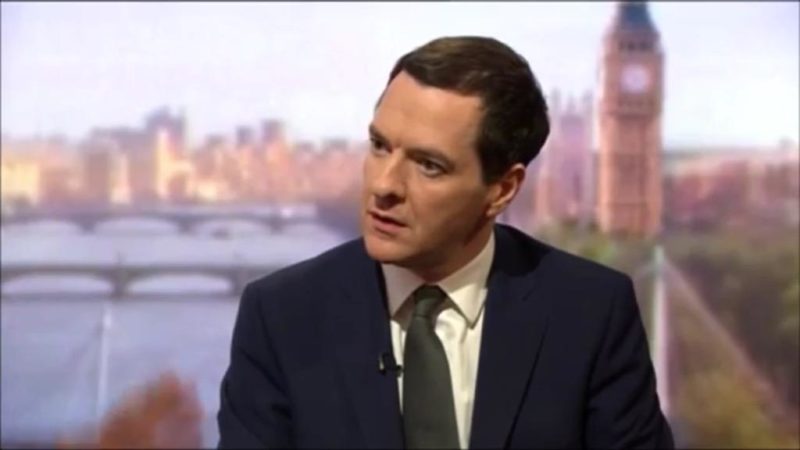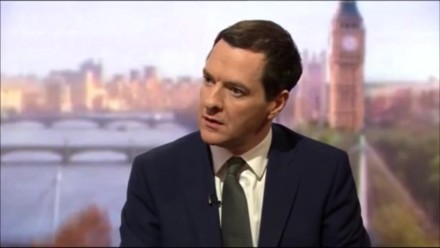
The Chancellor boasted today that ‘this is a big Budget…a new settlement from a one nation government’’.
It is the first majority Conservative budget statement for almost two decades in which George Osborne is also trying to define the terms of debate for this Parliament and lock out Labour alternatives.

There are plenty of detailed policy decisions to challenge or accept. But there is one big macroeconomic argument that we cannot afford to concede.
This full-fat Tory budget is a frontal assault both on the finances of millions of poorer families and on the state which is fiscally unnecessary and economically misjudged.
The budget changes none of the structural weaknesses in the British economy, so that our economic future remains unbalanced, uncertain and unequal.
It denies the truth that weak growth – revised down today for this year – has been our central problem over the last five years, so that only France, Italy and Japan of the G20 countries have grown slower than the UK since 2010, in the worst economy recovery in over 100 years.
And it disguises the fact that there are economic choices which could give us a different debate and different direction for this country.
Weak growth means less of our national income to go round in wages and for productivity gains. It means a fragile economy in which we’re not saving, investing or exporting enough. And it means a double blow for the deficit, with lower taxes and higher borrowing. That’s why the Chancellor today conceded the deficit stood at £69.5bn in the year he promised it would be eliminated.
In this competitive global economy, to get strong and broad-based growth, the state needs to play its part. Because government can be a force for good, not just in distributing national income but in creating it too.
The Chancellor is no fool – the problem’s not his intellect, but his ideology. He can’t concede this case and is determined to cut back the state no matter what the cost or consequences.
So after he cut the public investment budget in half over the last Parliament, we saw again today that job and growth supporting public investment is now lower this year than last year, with a cumulative cut of £4.4bn compared to the March budget.
But there is an alternative.
The deficit this year stands at 3.7% of GDP, only slightly higher than the deficit of 3.3% of GDP that our Labour government inherited in 1997. And our debt interest payments are actually lower than in 1997 – 2.4% of GDP compared to 3.3% – because of rock-bottom borrowing costs.
So as Labour rethinks our economic and fiscal approach, we need a 1997 not a 2010 mind-set.
This means strong and consistent but more balanced fiscal rules to govern the public finances – both to stamp out any deficit on current spending and recognise that job-creating, growth-generating investment is vital.
Figures from the IFS show the scope of what could be done – over the next five years the government could double investment spending, while freezing rather than cutting departmental spending in real terms, altering no taxes and making no further cuts to tax credits or other social security spending, and still eliminate the current budget deficit and have debt falling by the end of this Parliament.
We should have been debating this sort of reasonable settlement today. But this Budget, and this Chancellor, deny the public this debate or these economic and fiscal choices.
Over the next five years, it will be our Labour task to prove there are alternatives – not just as protest, but as a programme for government in 2020.




More from LabourList
Josh Simons resigns as Cabinet Office minister amid investigation
‘After years of cuts, Labour’s local government settlement begins to put things right’
‘The Sherriff of Wild Westminster: what must change in elections bill’